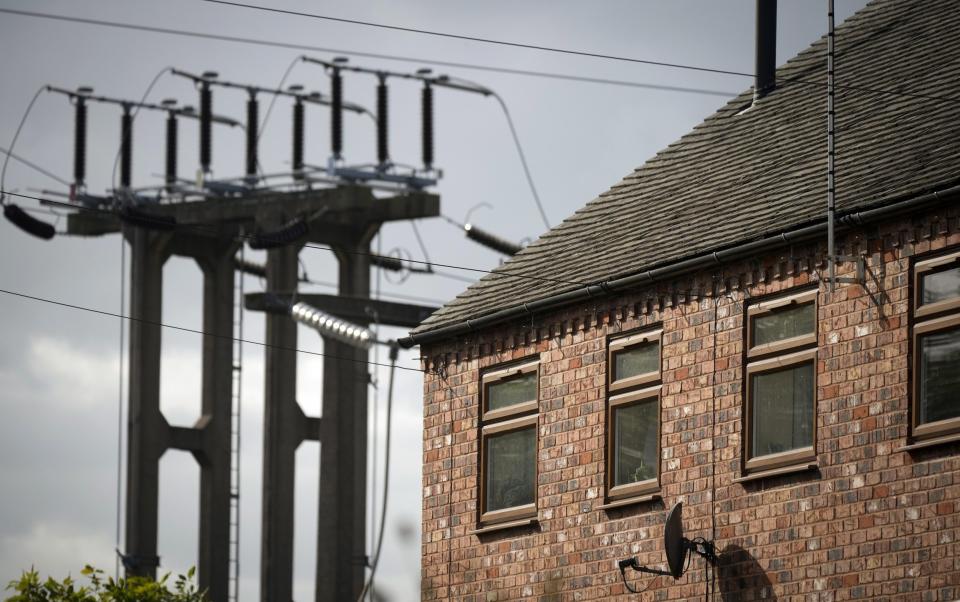National Grid to pay households to cut their electricity usage at least 12 times this winter

The National Grid has confirmed it will pay households to cut their electricity usage again this winter as part of efforts to keep Britain’s lights on.
From November to March, households and businesses will be called on to curb their power usage – by signing up to the so-called demand flexibility service – when the grid is particularly stretched.
They will receive money off their bills in return, with a batch of test runs in November and December set to pay a maximum of £3 per kilowatt hour, the National Grid ESO (electricity system operator) announced.
Washing a single load of clothes in a washing machine typically uses around 0.5 kilowatt hours of electricity, according to the Energy Saving Trust, while boiling a full kettle uses about 0.2 kilowatt hours.
Octopus Energy, which had 700,000 customers participating last year, the most of any energy supplier, says the top-performing households shaved an average of £40 off their bills last winter by taking part.
Overall, the National Grid said there will be at least 12 hour-long tests of the demand flexibility service – with six of those happening in the first two months – to encourage participation and ensure the system is functioning properly.
That is on top of any situations where households and businesses are called upon for real. Before all energy-saving sessions, participants will receive a notification by text message, email or some other means from their supplier.
The Grid expects to use the demand flexibility service the most on weekday evenings.
Only households with smart meters, which can send electricity readings at 30-minute intervals, will be eligible to take part.
Last year, the grid used the service 22 times, only two of which were not tests. A total 1.6 million homes and businesses took part.
They saved 3,300 megawatt hours of electricity, enough to power nearly 10 million homes.
Jake Rigg, corporate affairs director at National Grid ESO, said: “The ESO will be reintroducing the Demand Flexibility Service for this winter and is keen for more consumers, both large and small, to get involved.
“We want to work with industry to build on the past success of this new and innovative service.
“Across last winter the Demand Flexibility Service successfully demonstrated the interest of consumers and businesses in playing a more active role in balancing our electricity needs and to be rewarded with savings for their action in the process.”
Last year, 31 energy providers took part in the demand flexibility service including 14 domestic suppliers.
The Grid pays these suppliers for savings achieved and it is up to them to choose how much of that is passed back to customers, with different suppliers doing so in different ways.
Suppliers will be guaranteed up to £3 per kilowatt hour in the first six tests, taking place in November and December but the Grid has yet to decide how it will set subsequent prices, which will depend on how many homes and businesses take part.
After some households previously switched off all their lights and used candles last year, the Grid has stressed that it is “not asking people to go without electricity”.
Savings are typically calculated by comparing a household’s usage of electricity during the set period with normal usage during those hours.
“Efficient light bulbs and small appliances such as modern televisions consume very little electricity and so it is unlikely to be worth adapting usage of these during an ‘event’,” the Grid’s website says.
Alex Schoch, head of flexibility at Octopus Energy, welcomed the return of the demand flexibility service.
He said: “Last winter was a huge step in the right direction towards a smart green grid. We proved that households can balance the grid, be part of the movement away from fossil fuels, and make some money while they’re at it.
“We have passed the point of needing to pay expensive coal plants when we can just pay customers instead.”

 Yahoo Finance
Yahoo Finance 